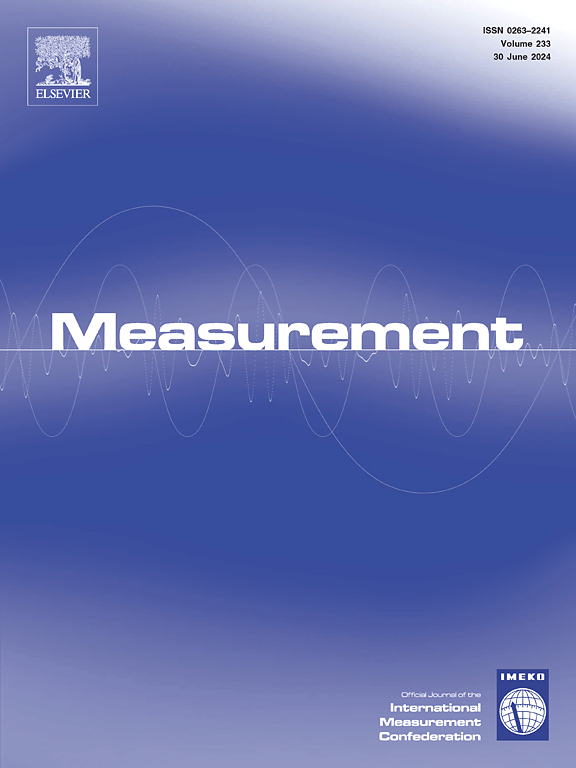典型地区智能电表测量误差预测框架
IF 5.2
2区 工程技术
Q1 ENGINEERING, MULTIDISCIPLINARY
引用次数: 0
摘要
智能电表的测量误差(ME)是评估其性能的关键指标,因此准确预测智能电表的测量误差至关重要。然而,智能电表在世界各地运行,影响智能电表测量误差的因素也因地区而异。因此,我们提出了一个新颖的通用框架来预测 SM 的 ME。首先,我们利用皮尔逊相关系数(PCC)和最小二乘法(LSM)研究了环境压力对 SMs ME 的影响,选择了对 SMs ME 影响较大的环境压力,并利用孤立森林和局部离群因子算法(IFLOF)清理了这些环境数据和 SMs ME 数据。随后,我们提出了一种基于双向长短期记忆网络堆优化器(HBO-BiLSTM)的新方法来预测 SM 的 ME。为了说明我们提出的框架,该框架与一些著名的机器学习方法进行了比较,结果表明,该框架具有出色的预测能力,可以为典型地区 SM 的健康管理提供技术支持。本文章由计算机程序翻译,如有差异,请以英文原文为准。
A measurement error prediction framework for smart meters in typical regions
The measurement error (ME) of smart meters (SMs) is a key index for assessing their performance, so accurate prediction of SMs’ ME is essential. However, SMs operate in all parts of the world, and the factors that impact the SMs’ ME differ across regions. Therefore, we propose a novel and general framework to predict the SMs’ ME. Firstly, we study the influence of environment stress on SMs’ ME by the Pearson correlation coefficient (PCC) and Least squares method (LSM), select the environment stresses that have a greater impact on SMs’ ME, and clean those environment data and SMs’ ME data by the Isolated Forest and Local Outlier Factor algorithm (IFLOF). Subsequently, a new method based on the Heap-Based Optimizer of Bi-directional Long Short-Term Memory network (HBO-BiLSTM) is proposed to predict the SMs’ ME. To illustrate the framework we proposed, the framework is compared with some well-known machine learning methods with field data collected from the high altitude regions, the results indicated that the framework has excellent prediction ability, which can provide technical support for health management of SMs in typical regions.
求助全文
通过发布文献求助,成功后即可免费获取论文全文。
去求助
来源期刊

Measurement
工程技术-工程:综合
CiteScore
10.20
自引率
12.50%
发文量
1589
审稿时长
12.1 months
期刊介绍:
Contributions are invited on novel achievements in all fields of measurement and instrumentation science and technology. Authors are encouraged to submit novel material, whose ultimate goal is an advancement in the state of the art of: measurement and metrology fundamentals, sensors, measurement instruments, measurement and estimation techniques, measurement data processing and fusion algorithms, evaluation procedures and methodologies for plants and industrial processes, performance analysis of systems, processes and algorithms, mathematical models for measurement-oriented purposes, distributed measurement systems in a connected world.
 求助内容:
求助内容: 应助结果提醒方式:
应助结果提醒方式:


